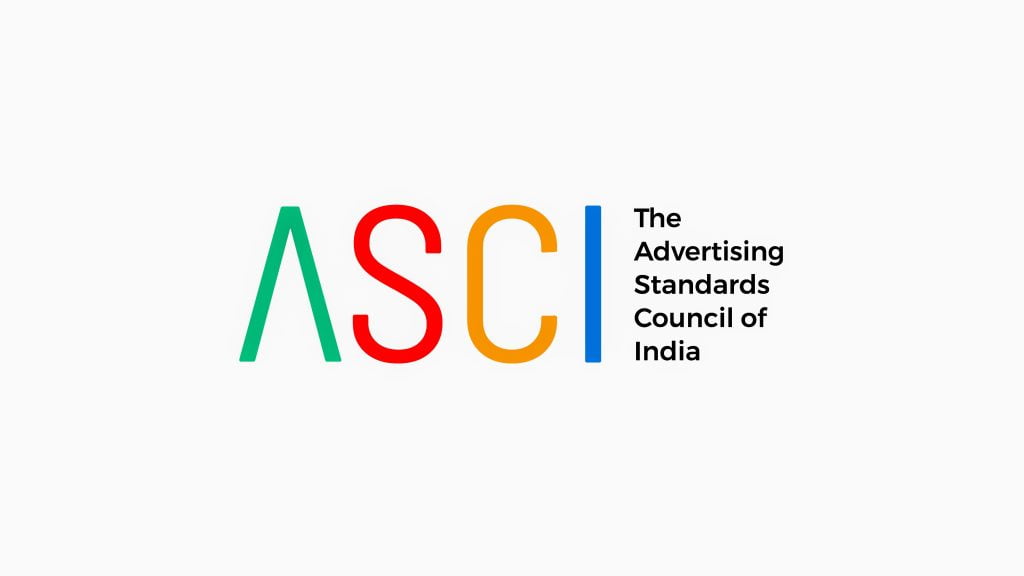A report by The Advertising Standards Council of India (ASCI) has revealed that influencer marketing is one of the fastest-growing industries in India and worldwide. The report, titled ‘Influencer Trust Report,’ focuses on how much consumers trust influencer advertising and what builds or depletes this trust.
ASCI conducted an online survey with 820 respondents over the age of 18 to understand consumers’ trust in social media influencers who promote brands online. The study found that 91 per cent of people trust advertising in general, and 79 per cent of respondents trust social media influencers.
The report stated that transparency and honesty are the key reasons why consumers trust influencers on social media (63 per cent), followed by relatable content (57 per cent) and personal stories (53 per cent). Consumers stayed away from influencers when they sensed a lack of transparency (43 per cent), repetitive content (42 per cent), and over-promotion (41 per cent).
The report also highlighted that brands and influencers gained from meaningful partnerships. Around 64 per cent of consumers felt the brand became more trustworthy when influencers endorsed it, while 58 per cent of those surveyed thought that the influencers became more trustworthy when they endorsed the brand.
Six out of ten respondents claimed they spent at least two hours on social media every day. Ninety per cent of the respondents revealed they made at least one purchase based on influencer endorsement, while 61 per cent claimed to have made three or more purchases. This behaviour was particularly prevalent among consumers ranging from 25 to 44 years of age.
The study also showed that newer brands benefited considerably from their products being discovered through content advertised by influencers. However, after the launch of the influencer guidelines in May 2021, there were 2,767 cases against brands and influencers for not declaring material connections. Platforms, where the violations occurred included Instagram at 58 per cent, YouTube at 33 per cent, Twitter at seven per cent, and Facebook at two per cent.
Manisha Kapoor, Chief Executive Officer and Secretary General of ASCI, said, “An important aspect of the dipstick is the revelation that non-transparency was among the prime reasons why influencers lost the trust of their followers. On the other hand, transparency in their communication significantly built trust.”






No replies yet
Loading new replies...
Join the full discussion at the DreamDTH Forums →